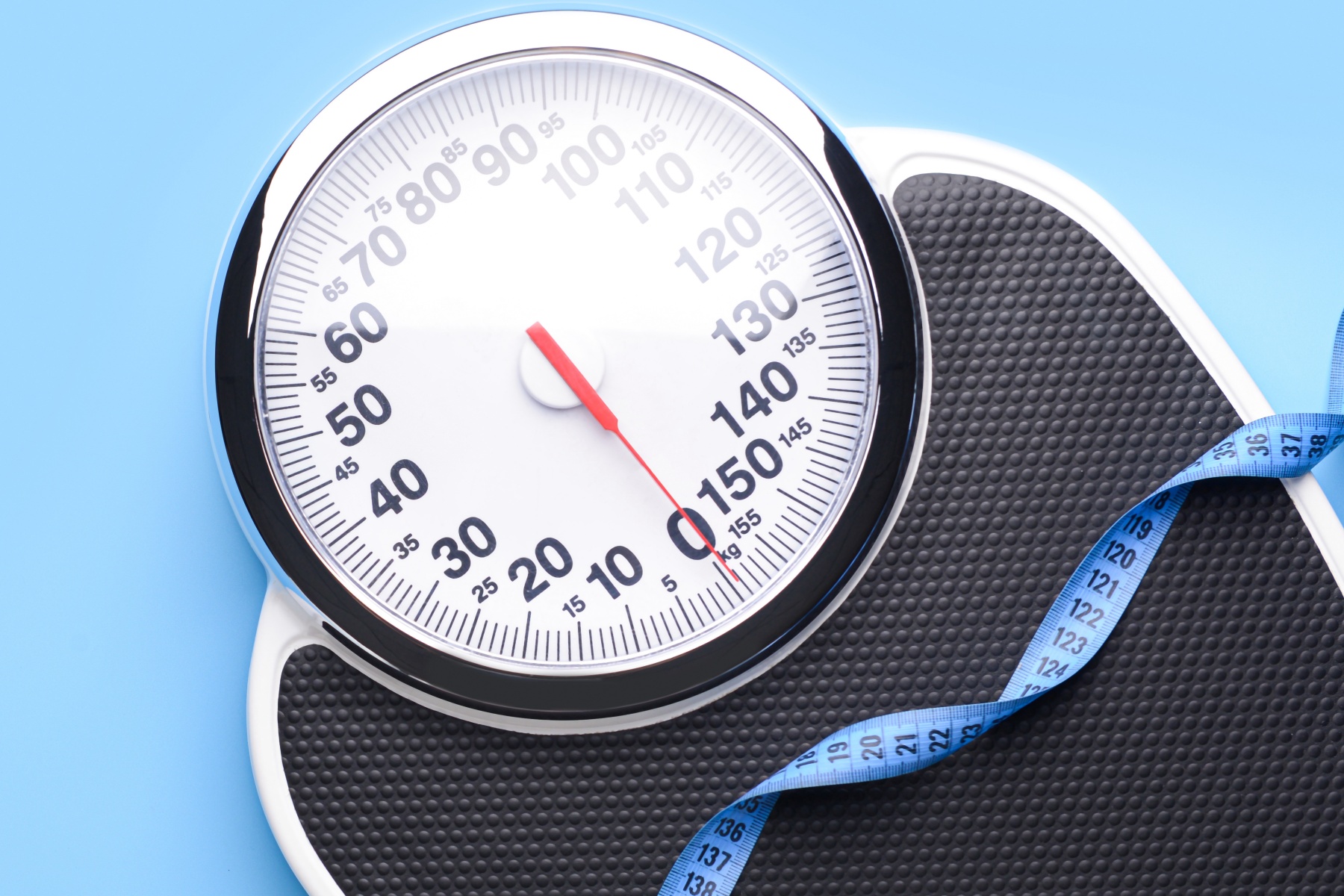
There is no ideal weight for getting pregnant. However, a BMI* (Body Mass Index calculated on the basis of your height and weight) of between 19 and 25 will give you better results, particularly if you are undergoing MAP (Medically Assisted Reproduction). Similarly, adopting a healthy lifestyle will maximise your chances of getting pregnant:
Being overweight or obese has a direct impact on fertility and reduces the chances of spontaneous pregnancy, as well as during medically assisted reproduction treatment.
It is therefore important to lose weight before starting MAP treatment. It's a difficult process that can take time, so if you can't manage it on your own, don't hesitate to get help from a nutritionist or a doctor.
The main risks associated with obesity during pregnancy are
Conversely, a woman with too low a BMI may find it difficult to become pregnant naturally, especially if her thinness leads to irregular menstrual cycles. To be on the safe side, thinness should not be a physical choice, as the ovaries need a certain amount of fat to function properly. Being too thin can lead to poorer results from IVF or other ovarian stimulation treatments carried out as part of a fertility program.
The 3 golden rules to adopt :
Eating well starts with respecting mealtimes. Bad habits are quickly acquired between meals and the stomach takes advantage of this to demand food when it's not time (and especially sugar!).
It's important to eat a varied, balanced diet before you conceive so that you get as many vitamins and nutrients as possible for the healthy development of your unborn baby!